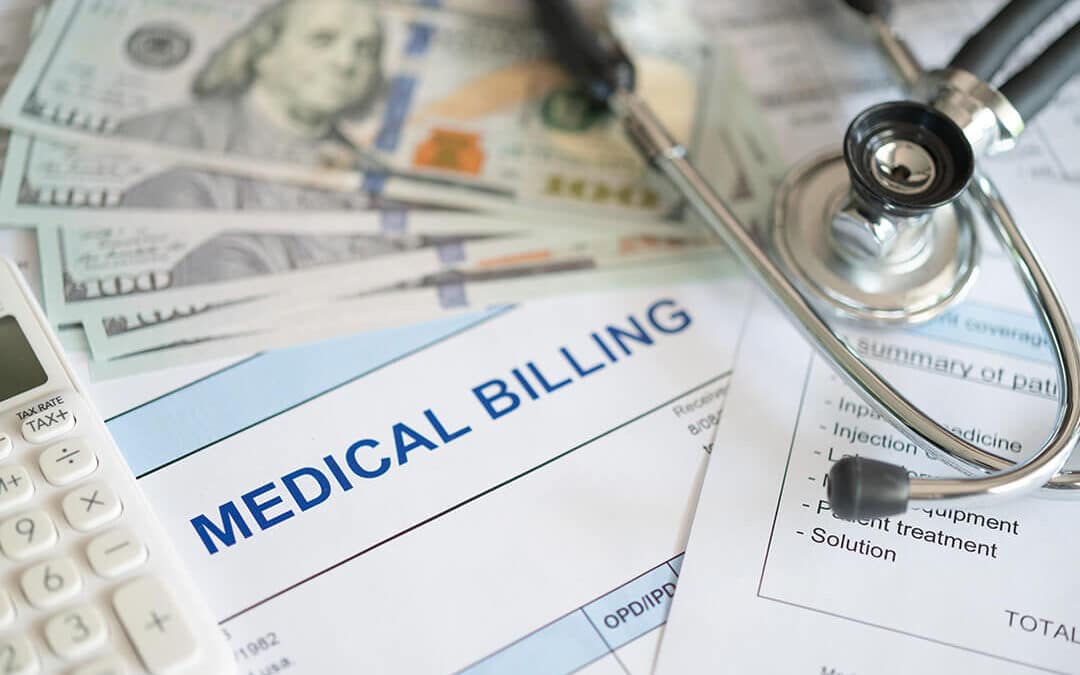If you get hurt in a personal injury accident (car wreck, workplace injury, etc.), the last thing you want to worry about is how you will pay the medical bills. Unfortunately, the medical bills can pile up quickly when dealing with emergency room visits, hospital stays, doctor’s appointments, physical therapy, taking medication, and using medical equipment.
Pursuing a personal injury claim could help you get compensation from the party liable for your injury, which you can use to pay the medical bills. But personal injury claims take time. You could find yourself trapped between growing medical costs and waiting for compensation from the liable party.
This article looks at ways to manage your medical bills during a personal injury claim so you can maintain your physical, mental, and financial health.
Prioritizing Medical Care Following an Injury
Getting medical attention is the most important thing to focus on after an accident. Your injuries may seem minor, but serious injuries like concussions or internal trauma don’t always show symptoms right away.
Medical visits also create vitally important documentation for a personal injury claim. Your medical records can show a link between your injuries and the accident, and be used to help calculate your expenses accurately. So, make sure to attend all appointments and follow any treatment plan recommended by your healthcare providers.
Managing Medical Bills While Waiting for a Settlement
While medical care after an injury is important, it does come with a cost. If you pursue a personal injury claim, you could get help to cover those medical bills; however, the at-fault party or their insurer typically will not pay for medical bills immediately after the accident. Often no compensation is obtained until there has been a complete settlement of your claim. Typically, once a settlement is reached, the injured party receives a lump-sum payment in full and final settlement of their claim. This creates a gap in medical funding that you will need to bridge.
Here are a few ways to manage your medical bills while waiting to find out if you will pursue a personal injury claim
Use Your Health Insurance: Most health insurance plans will cover medical bills resulting from accident injuries. While health insurance may only cover a portion of the medical care you require, any amount they pay will reduce your immediate financial burden. However, you should know your insurer will likely seek reimbursement through a process known as “subrogation” if you receive a personal injury settlement.
Negotiate with medical providers: Discuss your situation with your medical providers. Many hospitals will not send bills to collections when they know you have a pending personal injury claim. Additionally, some providers may continue to treat you if you sign a “letter of protection,” agreeing to pay bills from your settlement.
Create a budget: Keep track of your spending and focus on what you need while cutting extra expenses. This helps you stay in control and know exactly how much money you need.
Look into financial assistance programs: Many hospitals offer programs to help patients who are struggling financially. You can also see if you might qualify for any government assistance, especially if your injuries have made it so that you cannot work.
Safeguard Your Financial Future
Medical bills from an injury can overwhelm you fast. This financial stress might push you toward rushed decisions about your personal injury claim.
Insurance companies love to settle claims faster by offering amounts that don’t cover all your damages. Their business model aims to pay as little as possible. Insurance adjusters search for holes in your claim to justify lower settlements. They count on you not knowing enough and feeling desperate for money.
Saying yes to the first settlement offer rarely works in your favor, especially without talking to a personal injury attorney first. Individuals who obtain legal representation typically receive significantly greater compensation than those who do not.
Brock & Stout provides free claim evaluations to help you explore your options and see if we can help you get fair compensation for your injuries. Contact us today.

